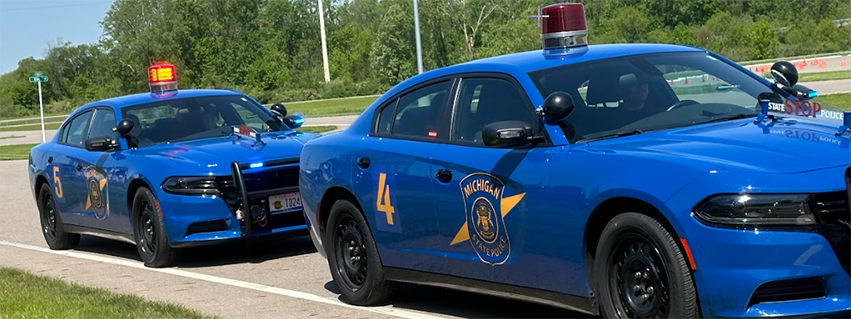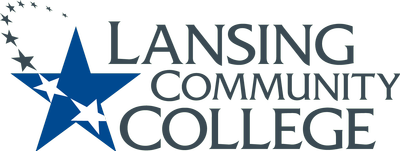
Criminal Justice
This program is offered to juniors and seniors. It explores the basic concepts and potential career opportunities in Criminal Justice. The program provides instruction in the areas of law enforcement, the courts, and corrections. Criminal Justice is primarily an academic program with some hands-on related activities training throughout the semester. Frequent guest speakers give information about careers in law enforcement, corrections and the juvenile justice system.
Field trips are also scheduled to the following:
- Hall of Justice, Camp Highfields (a juvenile center)
- Ingham County Jail
- 54-A District Court
- The Ella Sharp Cell Block 7 Museum
- The Ella Sharp Cell Block 7 Prison
- Prison is ONLY for students who are at least 18 years of age
Program Overview
Course Information
Program Location
LCC West Campus
Session Offered
AM.PM
Average Lecture Days/Week
3-4 days
Average Lab Days/Week
0-1 day
Homework
Weekly
Required Reading
- College level textbooks
- 25 or more pages per week
Success Indicators
- Interested in law and its functions of the court system
- Able to follow set rules and procedures
- Leadership skills
- Strong decision making skills
College Credits - 9
- CJUS 101 - Introduction to Criminal Justice
- CJUS 106 - Juvenile Justice
- CJUS 131 - Introduction to Corrections
Academic Rigor
4 out of 5
Capital Region Technical Early College
Students enrolled in this program may choose to participate in the Capital Region Technical Early College program (CRTEC). This is a high school to college program where students start in grade 11 and leave in grade 13 with a college degree or certification. This program gives students relevant career related experience.
Course Outcomes
Students Learning Outcomes include but are not limited to:
- Explain and identify three components of the Criminal Justice system and its historical context
- Identify and discuss the functions of the court system
- Define the role of corrections as part of the overall U.S Criminal Justice System
- Identify the differences between state, federal and local corrections
- Compare and contrast the different types of jail designs
- Define the role of probation as part of the correctional system
- Define the role of parole as part of the correctional system
- Identify and explain the components and functions of the juvenile justice system
Certifications
CPR/First AID
Student Leadership
Students have the opportunity for leadership, competition, and community service through membership in SkillsUSA.
Career Outlook
Careers
- Probation Officer
- Legal Support Worker
- Security Guard
- Paralegal/Legal Assistant
- Lawyer
Median Wage
- Probation Officer: $29.71 Hourly, $61,800 Annually
- Legal Support Worker: $32.55 Hourly, $67,700 Annually
- Security Guard: $17.82 Hourly, $37,070 Annually
- Paralegal/Legal Assistant: $29.31 Hourly, $60,970 Annually
- Lawyer: $70.08 Hourly, $145,760 Annually
Employment Outlook on Average
- Probation Officer: 2-4%
- Legal Support Worker: 1%
- Security Guard: 2-4%
- Paralegal/Legal Assistant: 2-4%
- Lawyer: 5-8%

